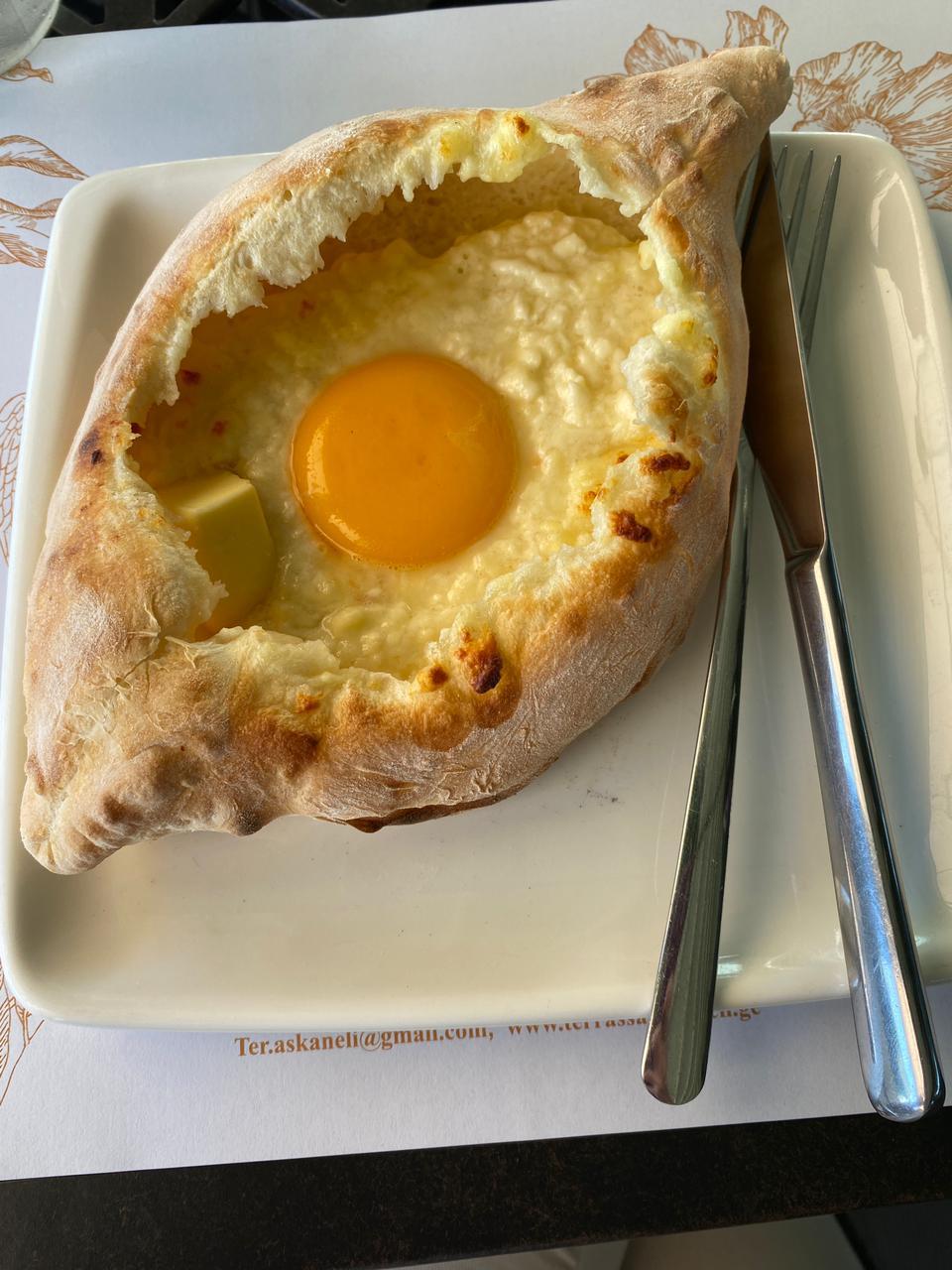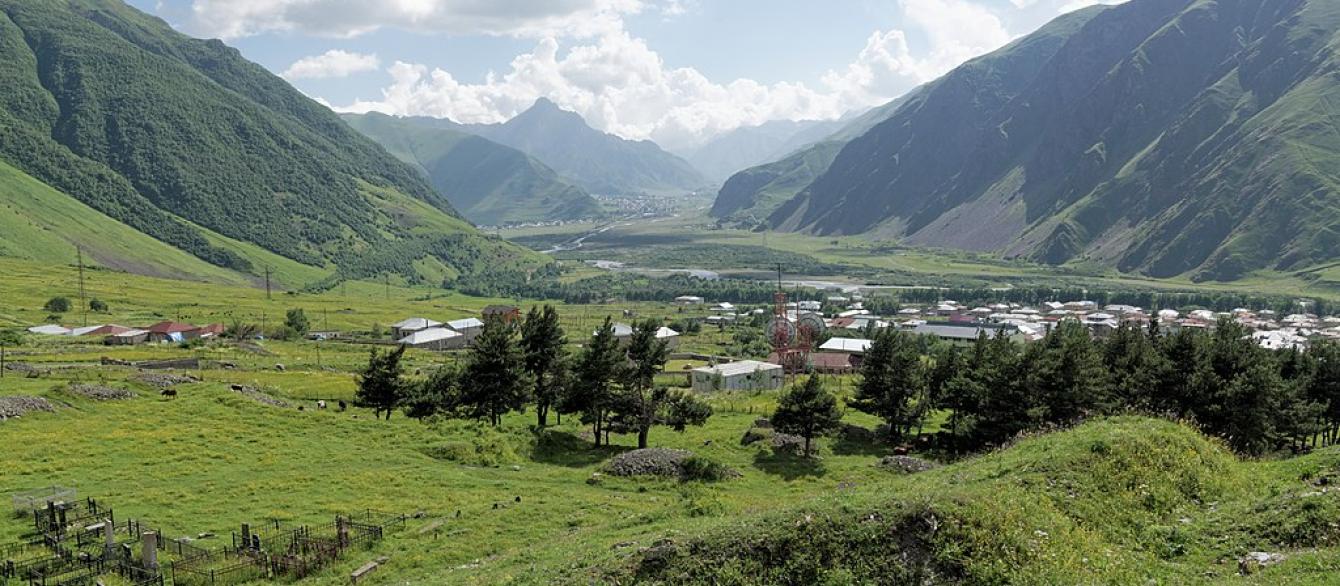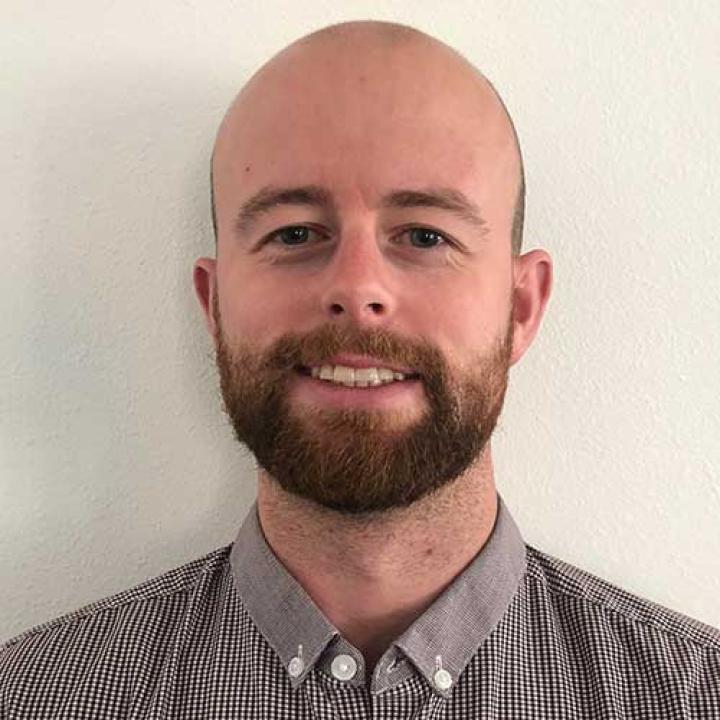Each summer, the Davis Center for Russian and Eurasian Studies at Harvard University opens a unique gateway for students to delve deep into the rich heritage and current affairs of the South Caucasus. Via the center’s Program on Georgian Studies, two eager students embark on a transformative eight-week internship, pursuing their academic passions within Georgia's socio-political landscape. This year, undergraduates Jade Lozada and Peter Jones from Harvard College seized on this exceptional opportunity.
Jade, a senior passionate about journalism and interested in the Russian language, wrote for Civil.ge, a trilingual (Georgian, Russian, English) news website founded by the United Nations Association of Georgia. Jade covered human rights and civic activism, writing articles about the annual Tbilisi Pride Fest — broken up by police under the pretext of public safety — and about demonstrators outside parliament. Beyond her internship, she explored the country as much as possible — from the capital, Tbilisi, to coastal Batumi, ancient Mtskheta, and Gori, best known as Stalin’s birthplace. Her itinerary also included cities rarely visited by tourists, like Rustavi and Zugdidi. Everywhere she went, she saw signs of Georgia’s pro-European orientation: “European flags everywhere, flags hung on government buildings and from many apartment balconies.” Conversations with locals suggested Europe was “more than geography” in Georgia: It was “a set of democratic ideals and values,” Jade said. Indeed, a poll released early this year showed 81% of Georgian respondents supporting EU accession, although the current government has been accused of derailing the pro-European agenda amid domestic power struggles and competing influences from the West, Russia, and China.
Peter — a junior drawn to international relations, especially the changing geopolitical situation in Eastern Europe and West Asia — focused on his area of interest at the Georgian Institute of Politics, a prominent think tank in Tbilisi. There, he worked on Georgia's ties with NATO, writing about the recent signs of deterioration in the relationship. Like Jade, Peter conducted interviews to complement his desk research and used every opportunity to explore Georgia, including its rightfully vaunted cuisine. During a work trip to the southeastern Ajara region, Peter so enjoyed Ajaran-style khachapuri — the local version of Georgia’s rich, steaming cheese-filled bread, this one boat-shaped and egg-topped — that he ate it “with every single meal… It was amazing!” And it wasn't just Georgia’s superb culinary traditions that left their mark. "For a relatively small country, I was impressed by Georgia’s cultural diversity," he added, with each region offering its own distinct traditions. The starkest differences, for Peter, were between Tbilisi and the mountainous Kazbegi region, about a hundred miles to the north along the Georgian Military Highway, built in the early 19th century by Russian imperial engineers. While Tbilisi is thoroughly cosmopolitan, occasionally reminding Peter of “Berlin's grungy countercultural ambiance,” the picturesque town of Kazbegi (known also as Stepantsminda) “revealed a softer, more traditional side of Georgian culture, where life is slow, and techno music gives way to traditional songs and dances” amid dramatic mountain landscapes. There Peter saw the unique Kazbeguri dance featuring “performers clad in bright red battle outfits.” Overall, the summer’s immersive experience not only broadened his academic and cultural purview but left him feeling "better prepared to adapt to new situations" in his future personal and professional endeavors.

Khachapuri Ajarian-style
The Program on Georgian Studies, which provided the funding for both Peter’s and Jade’s internships, was inaugurated in 2021 thanks to a sponsored research award from the Georgian Ministry of Education and Science. Its goal, as an independent academic initiative, is to foster research on Georgia and the South Caucasus, establish collaboration between Georgian and American academics and students, and promote knowledge of the region more broadly. The annual summer internship program began in 2022, aiming to provide Harvard students with international work experience and engagement with Georgian culture. The Program on Georgian Studies also offers Georgian language tutorials, research grants, academic courses, conference funding, and a student-led symposium. This winter, the program is running a winter-term trip to Georgia. Applications are due by Oct. 25.






